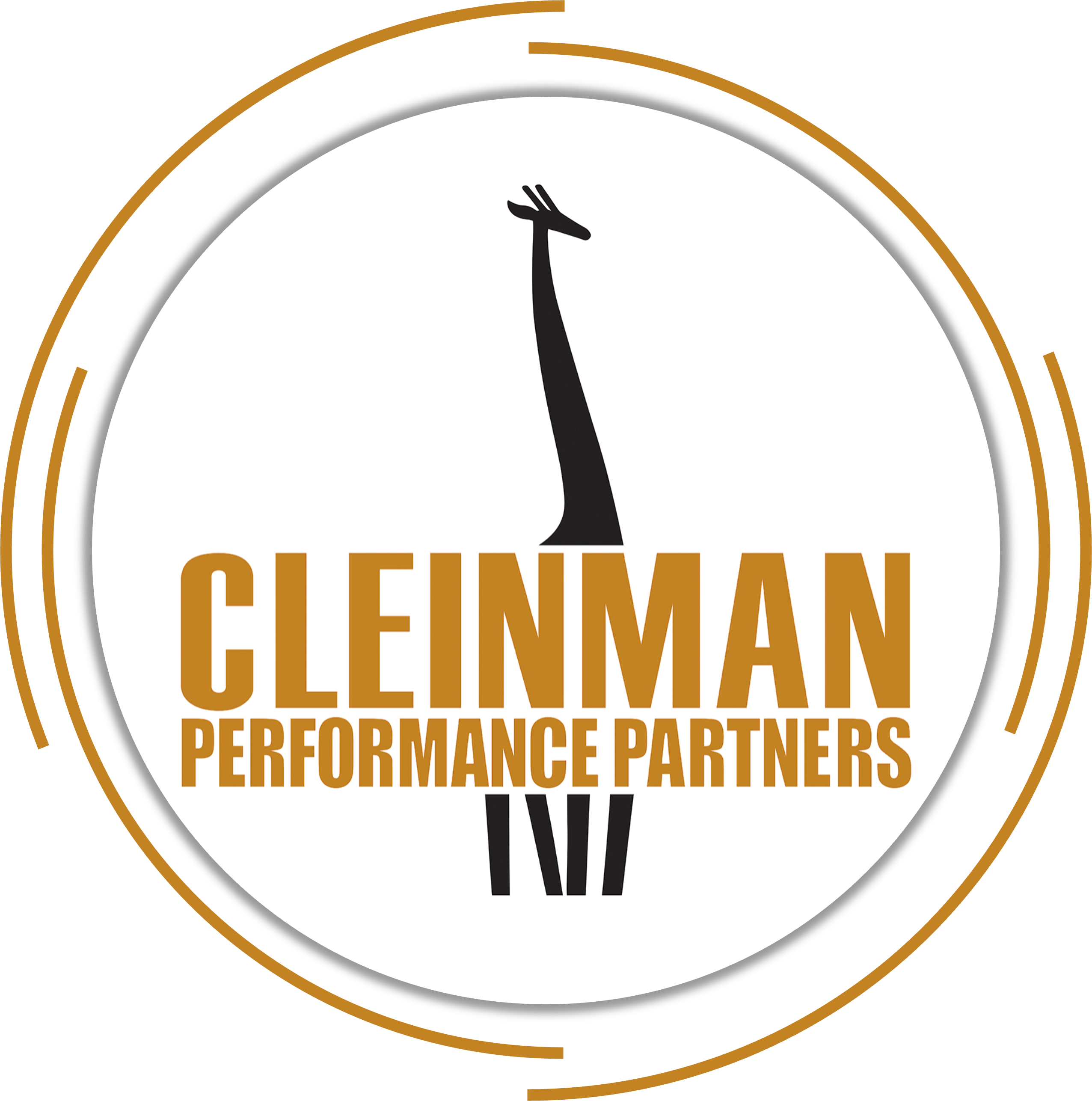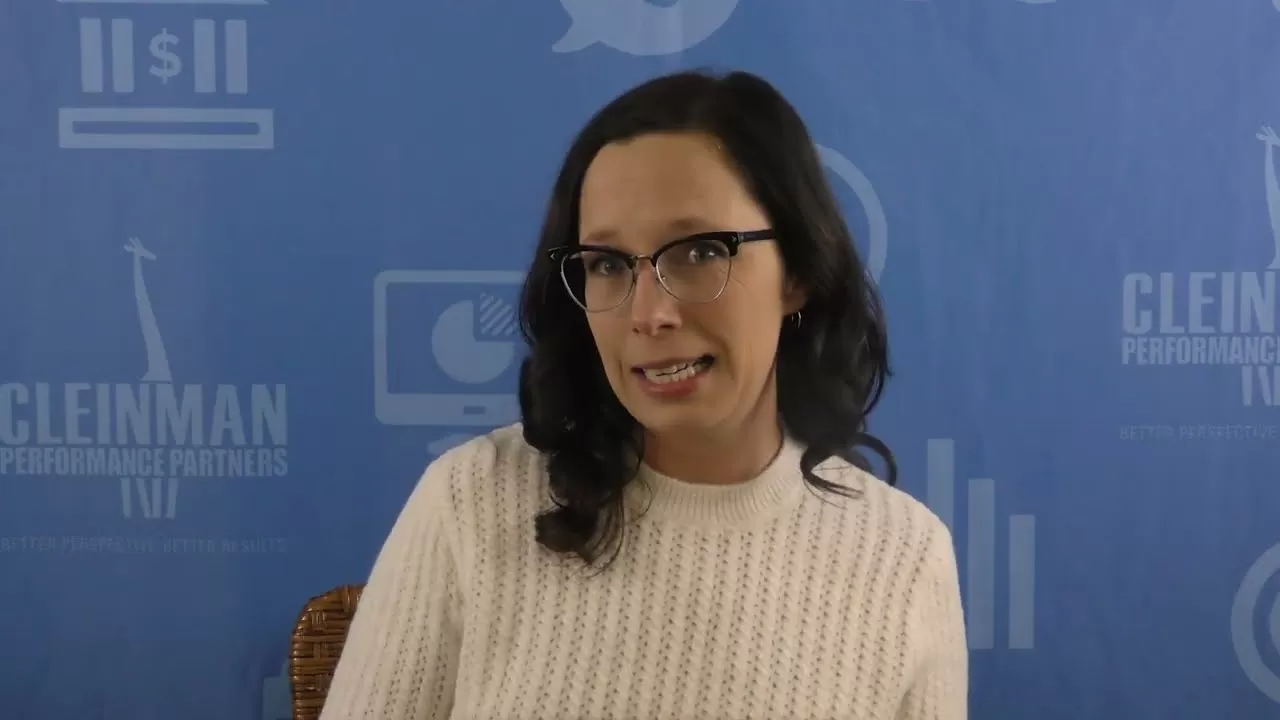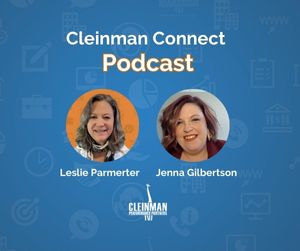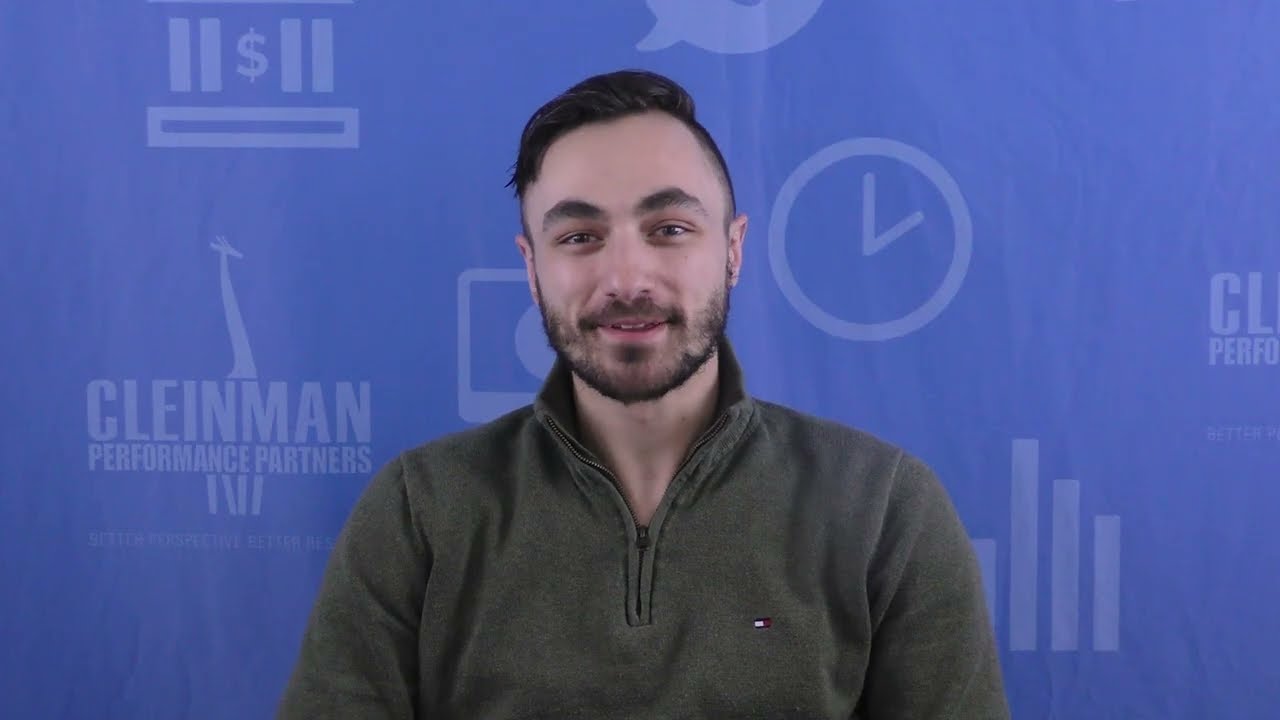It appears that VSP, through it’s EyeFinity division, is now the owner of an optical dispensary inside of the Cisco Campus in San Jose, CA (competing directly with private practice optometrists). As I’ve written in the past, the day when VSP “goes direct” with the sale of eyewear is here. The document below describes a logical model for VSP to attempt to promulgate…the O.D. gets the exam (at ludicrous reimbursement rates) and VSP gets the eyewear.
You’ll find this interesting reading…and a crystal ball into your future.
____________________________________________________________________
Vision Care—General
46. What vision care services are available at LifeConnections Health Center?
The vision care services include both optometry services and eyewear, including glasses, sunglasses and contact lenses.
Optometry services are provided onsite by an optometrist under contract with the North First Street Medical Group at the LifeConnections Health Center.
The LifeConnections Vision Center, an optical dispensary owned and operated by Eyefinity, Inc. (Eyefinity), offers you quality, stylish eyewear at discounted prices.
47. Where is the optometrist located?
The optometrist is located at the LifeConnections Health Center at:
Building Q, Second floor 3571 North First Street, Suite 200 San Jose, CA 95134 (Near the corner of First and Tasman)
48. Where is the Vision Center located?
The LifeConnections Vision Center is located within the LifeConnections Health Center at:
Building Q, Second floor 3571 North First Street, Suite 202 San Jose, CA 95134 (Near the corner of First and Tasman)
408 424-2229
49. Who is VSP® Vision Care?
VSP® Vision Care has focused on eye health and its impact on the overall wellness of some 55 million members for more than 50 years. Cisco employees and their families have had access to VSP benefits for many years. As the largest not-for-profit vision care provider in the industry, VSP works with optometrists, including the one at the LifeConnections Health Center, to offer discounts on eyewear and eye exams to its plan members in rural and metropolitan areas throughout the United States — this includes Cisco employees and their dependents.
50. Who is Eyefinity?
Eyefinity owns and operates the LifeConnections Vision Center. Eyefinity is the leading business management partner in the eyecare industry, specializing in web-based solutions that allow eyecare professionals to order products and materials.
LifeConnections Health Center Optometrist
51. What are the qualifications of the LifeConnections Health Center optometrist?
Vision care is provided onsite by a licensed optometrist under contract with the North First Street Medical Group at the LifeConnections Health Center. The optometrist is highly skilled, experienced, and licensed. She will take the time to get to know you and the health of your eyes.
52. Are all Cisco employees eligible to be seen by the health center optometrist?
All Cisco employees and their dependents eligible for benefits can use the health center optometrist. Cisco employees and their families covered under VSP will receive in-network benefits when they see an optometrist at the health center. If you’re not covered under VSP, you can be seen at the health center and pay directly for services.
53. What services does the optometrist offer?
The optometrist focuses on your eye health and visual acuity. You’ll receive an exam that is more than just a quick eye check—the exam focuses on your eyes and overall wellness. Our optometrist will look for vision problems within the scope of licensure and look for signs of serious health conditions, like glaucoma, diabetic eye disease, high blood pressure, and high cholesterol, too.
54. Is there an advantage to seeing the optometrist at LifeConnections Health Center?
Yes, there are many advantages. The health center optometrist is a proactive, collaborative member of the LifeConnections Health Center medical team. This integrated approach makes it easy for the physicians to refer to the optometrist for vision care and for the optometrist to refer patients directly to a primary care physician if a health care problem such as diabetes, high blood pressure, or high cholesterol is detected during a routine eye examination. Of course, another advantage is the time you save time by visiting an optometrist located on the San Jose campus.
55. Are same-day appointments available with the optometrist?
Yes, depending on availability. Call the LifeConnections Health Center at 408 424-2000 to find out.
56. How much does it cost to visit the optometrist?
Employees and their dependents that are covered under the VSP plan will have their optometry claims processed by VSP. For eye exams, you are generally responsible for a $25.00 copay. Employees not covered under the VSP plan are responsible for the full payment, and can be reimbursed through their individual Health Care Flexible Spending Account or submit a claim with their vision care plan.
57. As a Kaiser member, can I see the optometrist?
Yes, you are welcome to see the optometrist at the LifeConnections Health Center, but you must pay the full cost for services, unless you are covered under VSP.
58. How often should I get an eye exam?
You and your doctor should determine the eye exam schedule that best meets your eyecare needs. However, as a rule, the recommended care is to have an eye exam every one to two years. Those with a family history of eye diseases, diabetic patients, and anyone whose general health is poor or who are taking medications that may have potential side effects on the eye may need to have their eyes examined more frequently.
59. Why should I have my eyes examined regularly?
Thorough eye exams are essential not just for detecting vision problems, but also as an important preventive measure for maintaining overall health and wellness. And your VSP coverage is designed to protect and enhance your eyesight. In fact, a thorough eye exam can detect a number of serious medical conditions, such as glaucoma, cataracts, and diabetes–even cancer. Caring for your eyes should always be a part of your regular healthcare routine.
60. When should my child have his or her first eye exam?
The American Optometric Association suggests that children should have their first regular eye exam at six months of age. Follow up exams should be done around age two to three.
61. How often should children’s eyes be examined after their initial eye exam?
As with adults, children’s eyes should be examined every two years, or more often if there is an eye or vision problem, or a family history of eye disease. School children use their eyes more often than adults to read and perform other activities, so it’s critical for them to have regular eye exams.
Also, it’s important to remember that an eye screening typically offered at school only tests for distance. Screenings will not detect some vision problems. Your child can have problems with near vision, eye coordination, or focusing and still have 20/20 distance vision. If left untreated, these problems can cause learning disabilities, headaches, and other visual discomforts.
62. Do I need a special eye exam as I get close to, or past, age 40?
You don’t need a special eye exam over age 40, but it’s critical that you have your regular eye exam at least every two years. As we get older, we are more susceptible to certain eye diseases such as cataracts, glaucoma, and macular degeneration. A regular eye exam enables your eye doctor to detect the first signs of disease and prescribe the appropriate treatments to prevent vision loss.
63. Are primary eyecare services provided onsite?
Your VSP Primary EyeCare benefit provides medical and urgent eyecare that goes beyond your regular VSP plan, including:




